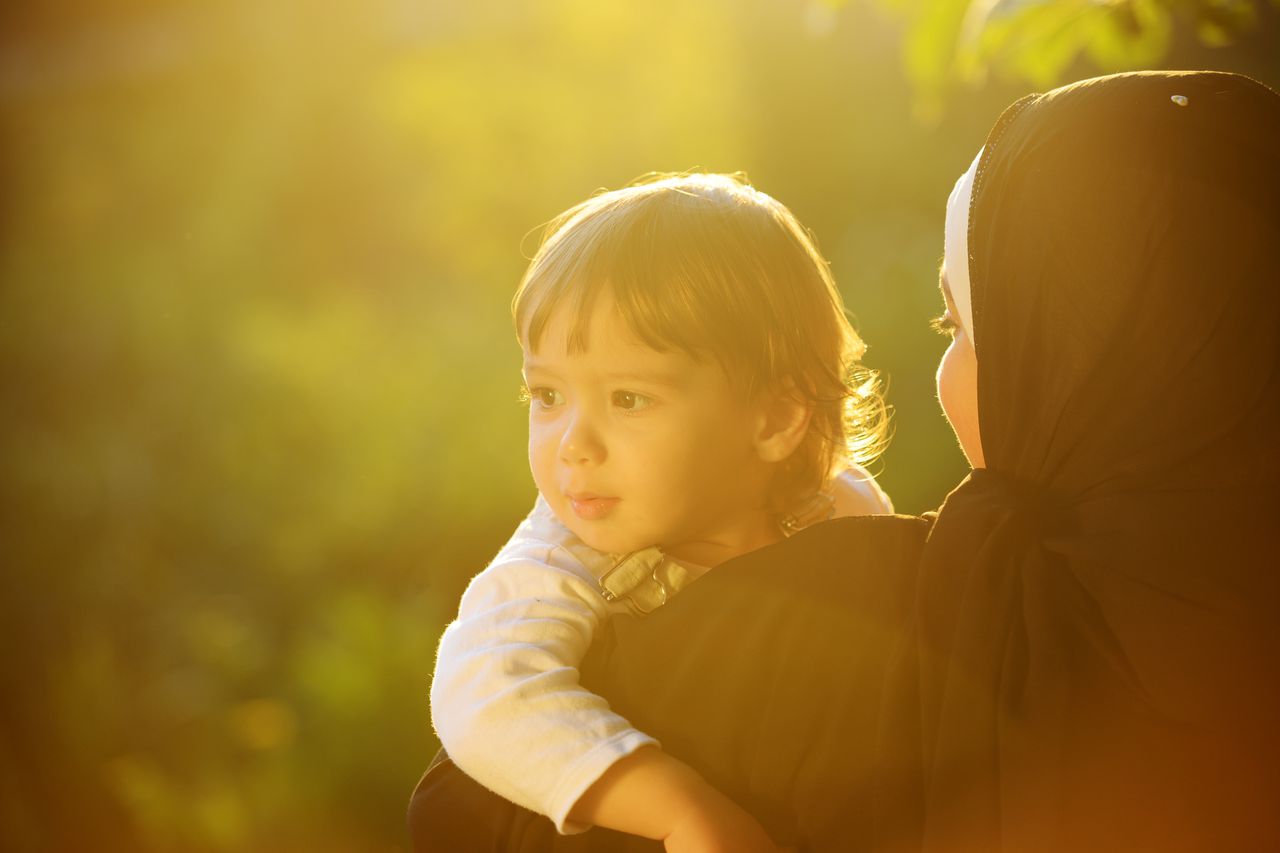
“A Muslim parent’s guide to talking to children about acts of violent extremism” was recently released by the Council on American-Islamic Relations. Vox reached out to Muslim parents, to “find out more about how these conversations were playing out in the real world.” Here are a few snippets —
Amanda Quraishi, activist, Austin, Texas:
“I try to help [my children] understand that most of the time Islamophobia is coming from a place of fear and uncertainty. I encourage them to look at people who are spouting Islamophobia with sympathy, and ask them to be patient. And of course, if anyone threatens them or is abusive, they know to report those people immediately. They know they can always talk to me directly about things that happen with other adults, and I will take it seriously.”
Hena Zuberi, editor in chief of MuslimMatters.org, Washington, DC:
“I don’t want my children to grow up thinking they have to apologize for acts that have nothing to do with them, or to develop self-hate or internalize the hostility toward them. I also don’t want them to look at every injustice in life or every altercation or every incident through the lens of “Islamophobia,” because that is not a healthy way to live. I want them to grow up unapologetically Muslim.”
Naheed Mustafa, journalist, Toronto, Canada:
“You try to have these conversations with young people, and at the same time you feel like you’re kind of ruining things for them. You’re basically telling them that life isn’t going to be a party. You actually have to worry about what you look like, and you have to worry about how other people see what you look like.”



